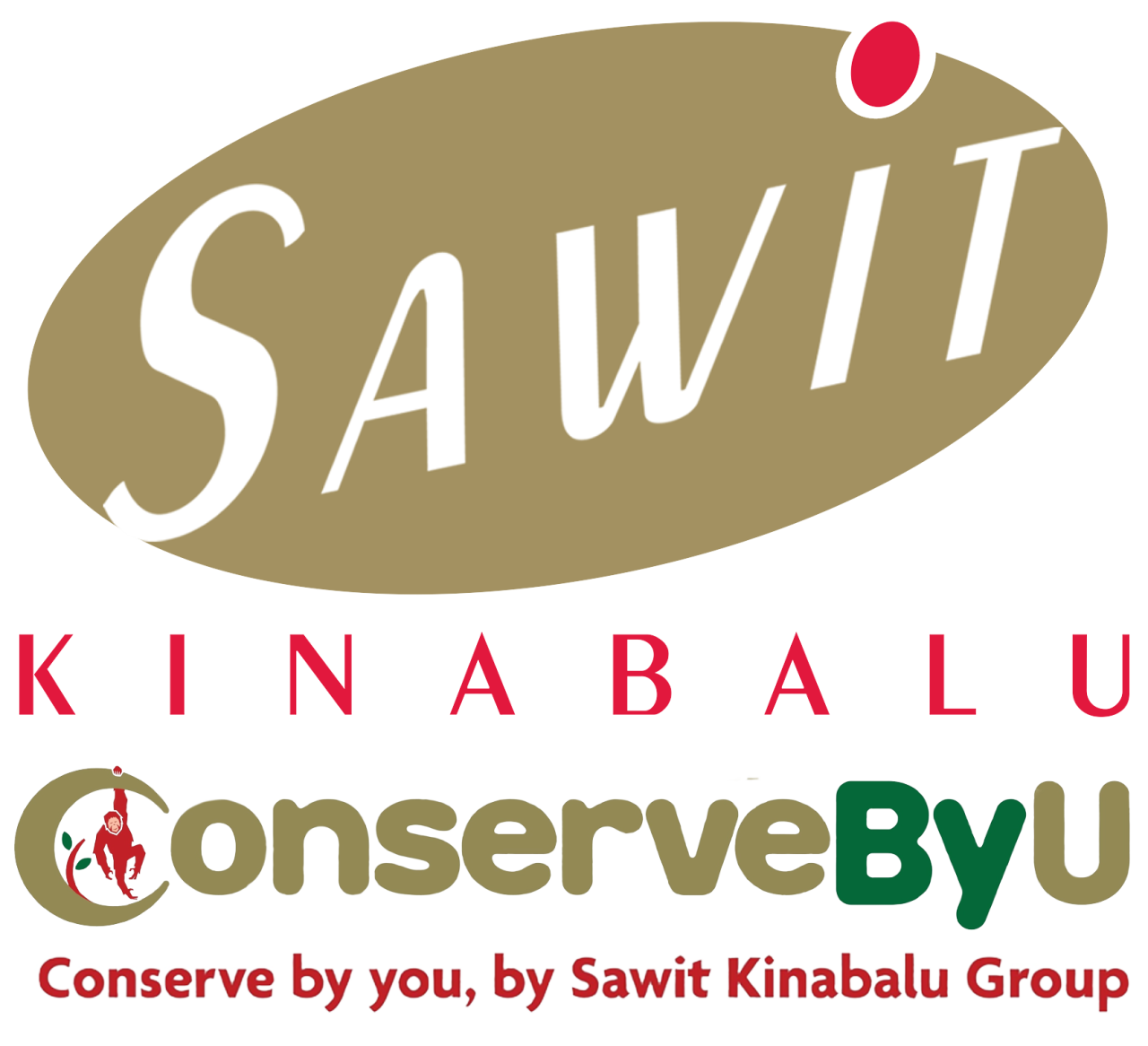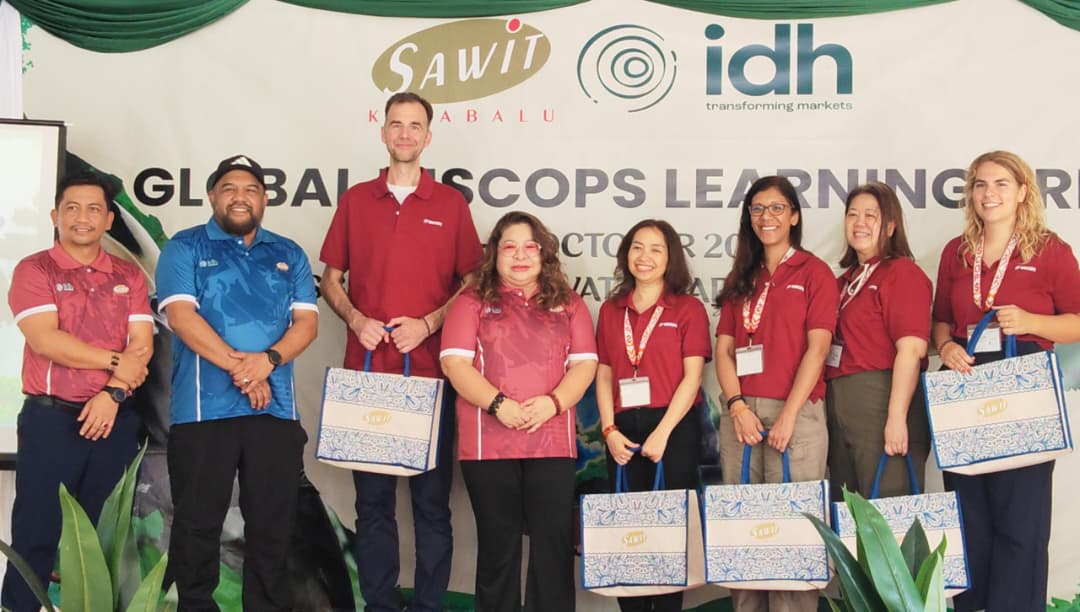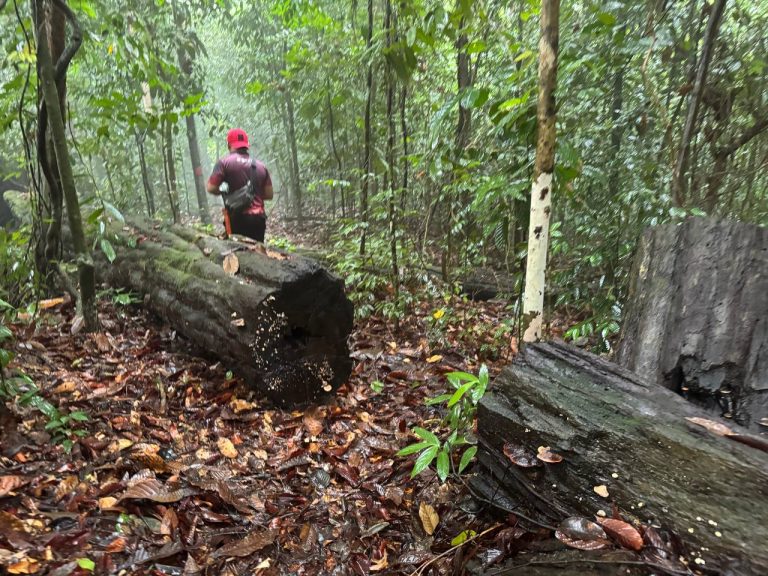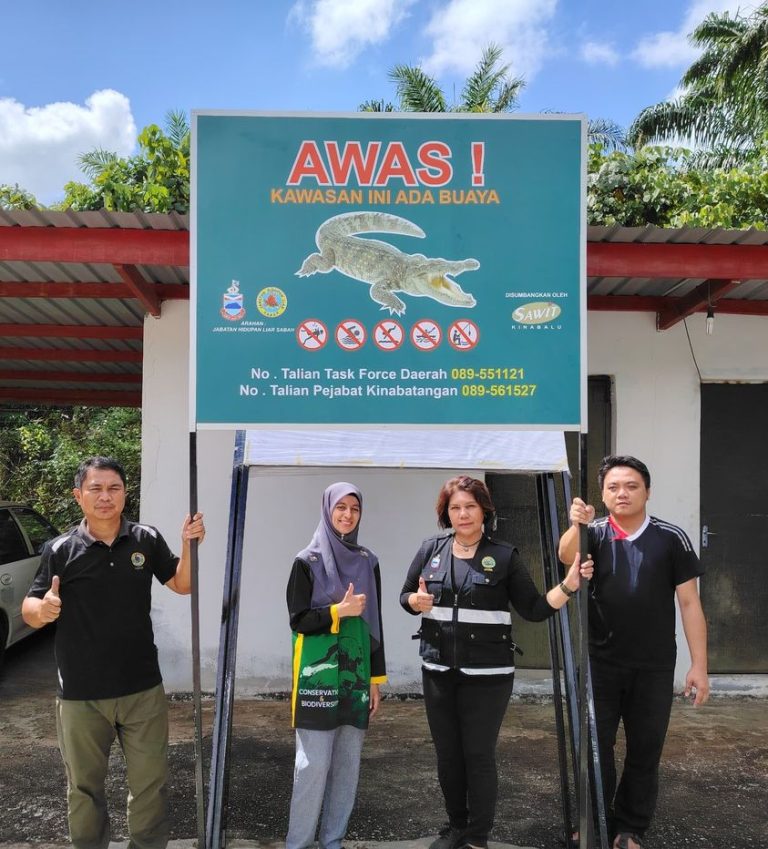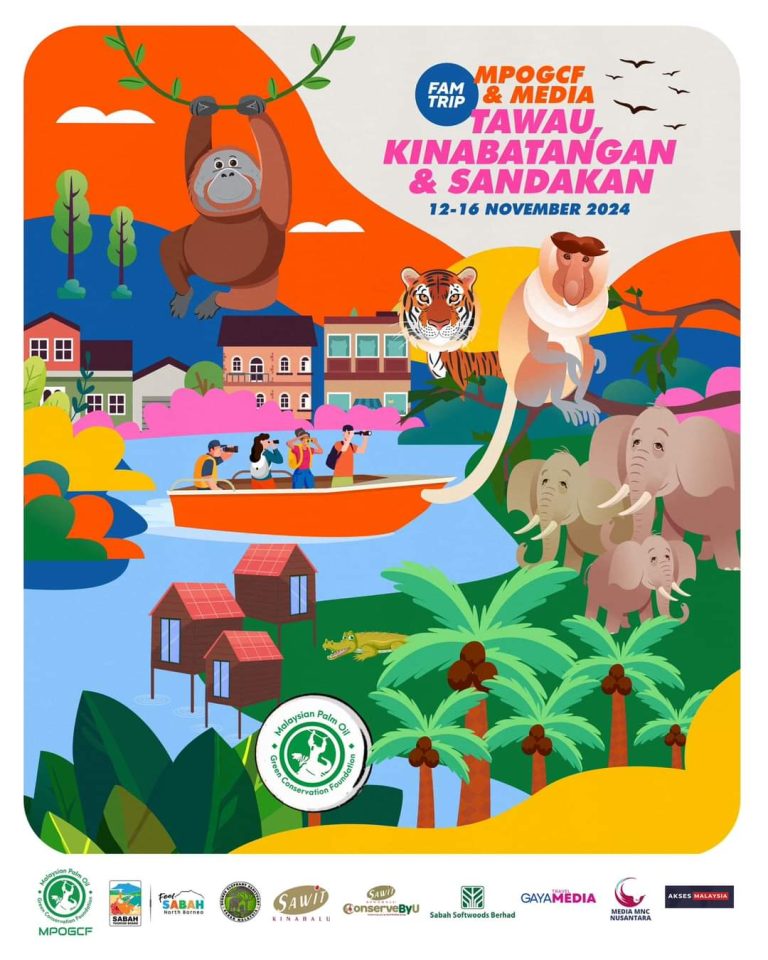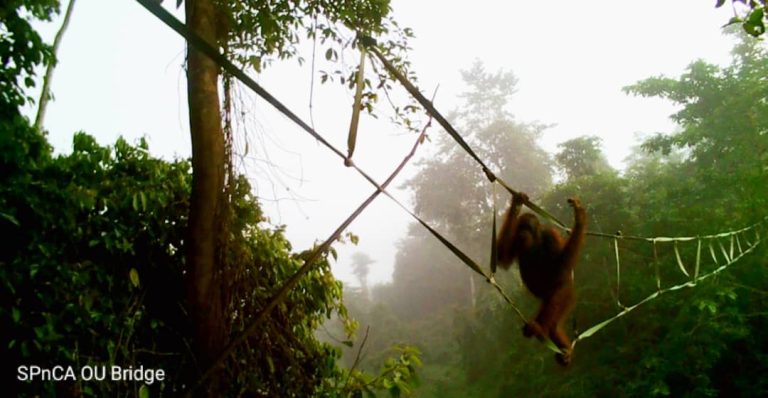KINABATANGAN (Oct 14): Around 50 representatives from the United Kingdom, the Netherlands and Malaysia had a hands-on experience during a two-day visit to the Sungai Pin Conservation Area (SPnCA) here starting Monday (Oct 13), held under the Global NISCOPS Learning Programme.
The visit was organised by IDH – The Sustainable Trade Initiative and hosted by Sawit Kinabalu Group (SKG), one of the key implementing partners of the National Initiatives for Sustainable and Climate Smart Oil Palm Smallholders 2 (NISCOPS 2) programme in Sabah.
SKG Green Sdn Bhd Chief Executive Officer Philipa Datuk Wilfred Mojilis welcomed the delegates, highlighting the company’s commitment to balancing oil palm development with biodiversity conservation and community empowerment.
“SPnCA reflects our continued commitment to sustainable landscape management and biodiversity protection. “Through our partnership with IDH under the Production, Protection and Inclusion (PPI) 2.0 approach, we aim to show how responsible palm oil production can coexist harmoniously with nature and local livelihoods,” she said.
The RM9.8 million project started in 2022 and focuses on strengthening the conservation of SPnCA, supporting the development of alternate livelihoods for the local community and improving the supply of sustainable oil palm from smallholders.
Under NISCOPS 2, RM1 million has been allocated to Sawit Kinabalu for project implementation in 2025, where an initial RM600,000 was disbursed earlier this year, with the remaining RM400,000 to follow as activities progress, supporting Sawit Kinabalu’s co-contribution of RM2.2 million.
“IDH implements NISCOPS through public-private-partnerships that develop and pilot solutions to address key challenges linked to the supply of sustainable palm oil.
“This project will mitigate supply chain risks and help smallholders to become climate resilient, supporting Sawit Kinabalu’s ambitions of deforestation-free oil palm that is EUDR compliant,” Allie Subramanian, IDH Head of Malaysia, pointed out.
As part of the field activities, the group also went on a river cruise along Sungai Pin, where they observed the area’s rich biodiversity and conservation efforts led by Sawit Kinabalu. The delegates had the opportunity to see how riverine ecosystems are protected and restored alongside oil palm plantations, a key example of the company’s integrated conservation approach. Among the distinguished guests were Ruzina Jahan Hasan of the British High Commission in Malaysia, Pieter Blusse and Ho Li Huan of the Embassy of the Kingdom of the Netherlands, Julia Kooijman from the Dutch Ministry of Foreign Affairs, Dr Meilina Ong Abdullah of the Malaysian Palm Oil Board (MPOB), and Tran Thi Quynh Chi, Regional Director for Asian Landscapes at IDH. Launched in January 2025, NISCOPS 2 builds on the achievements of its first phase (2019–2023), which trained more than 20,000 smallholders nationwide in sustainable and climate-resilient palm oil production. The initiative supports Malaysia’s commitments under the Paris Agreement, Convention on Biological Diversity, and the UN Sustainable Development Goals (SDGs).
This programme, jointly implemented by MPOB, IDH, and Solidaridad Network, focuses on improving smallholder productivity, piloting deforestation monitoring systems, and strengthening climate resilience across 15 sites in Malaysia, with SPnCA among the five located in Sabah.
In Kinabatangan, the Sungai Pin Conservation Area serves as a model for sustainable land management. It integrates conservation, community participation and biodiversity protection within oil palm landscapes, demonstrating how development and nature can thrive side by side.
Mojilis expressed hope that the visit would inspire continued collaboration and innovation among global partners.
“We hope this visit will spark meaningful exchanges and strengthen our shared vision for a sustainable and inclusive palm oil industry, not only in Sabah, but globally,” she said.
Follow our Facebook page ConserveByU for our latest updates.
